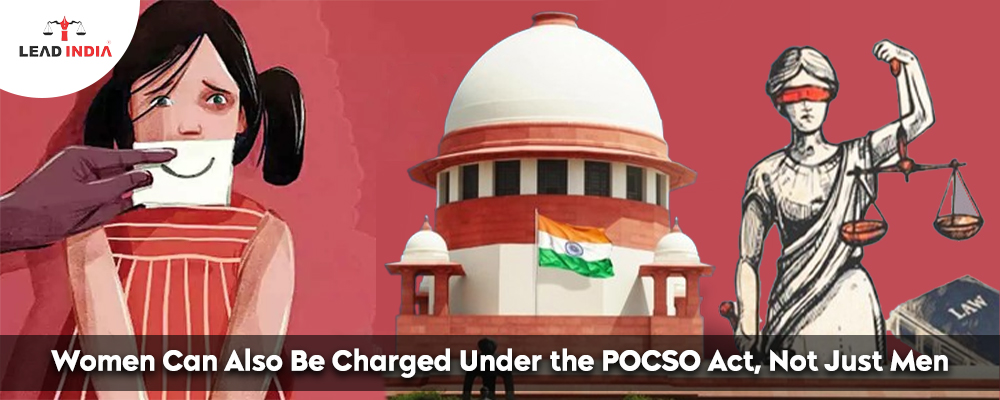The POCSO Act defines various types of sexual offenses. Penetrative sexual assault, aggravated penetrative sexual assault, sexual harassment, sexual assault, aggravated sexual assault etc. Here, the offense of sexual assault or penetrative sexual assault will be convert into an aggravated form in certain conditions like if done by a person in a fiduciary relationship, commit at a place where the woman is expect to be safe, etc.
The recent Delhi High Court judgment interpreted the POCSO Act and held that women could also face criminal proceedings under this Act for the offense of penetrative sexual assault on a child. The Act is not restrict to male offenders.
Need A Legal Advice
The internet is not a lawyer and neither are you. Talk to a real lawyer about your legal issue

The fact of the case
The petitioner was charge under section 6 of the POCSO Act. The FIR was register after 4 years from the date of the incident. The petitioner challenged the petition on the two grounds that the POCSO Act does not apply to women, which means women cannot be charge as offenders under the POCSO Act. She stated that the section uses the word HE, which only implies men. The second ground was the delay in lodging the FIR without any explanation, which raises doubt regarding the genuineness of the FIR.
Contention of the petitioner
The petitioner contended that upon investigation, no evidence of intent of sexual assault has been conclude. There was the absence of sexual intent by the petitioner. The petitioner argued that the offenses of penetrative sexual assault and aggravated penetrative sexual assault cannot be commit by women. It was even argue that the definition of rape under sections 375 and 376 of IPC is pari materia with the definition under sections 3 and 5 of the POCSO Act, so the offence under section 3 can only be commit by men.
Contention of Respondent
The respondent argued that the victim went through various child protection processes and the FIR was register after these processes. Hence, the delay in lodging FIR is justified. He even argued that the child’s statement corroborated the medical evidence that there was the possibility of the commission of penetrative sexual assault. He even argue that POCSO is gender neutral and the word HE in the section should be interpret as she as well.
Court’s Judgment
The Court held that the POCSO is a gender-neutral Act and the word HE includes all offenders of any gender. The offence of penetrative sexual assault can be commit by insertion of any object or any body part or by the manipulation of any body part of the child or by the application of mouth. Hence, it cannot be said that the offense of penetrative sexual assault can be commit only by penetration of the penis. There is a delay in lodging the FIR but this delay is not sufficient ground to discharge the offender of all the charges. Moreover, the issue of sexual intent should be address at the trial stage and not at the pre-trial stage. Even section 29 of the POCSO Act raises the presumption of guilt of the accused. Hence, the accused is liable to face the trial.
The Court held that on looking at the Chargesheet and the material place before the court, it can prima facie be said that the offense of penetrative sexual assault has been commit by a women. The petitioner is put on trial for the above-mention charges. The Court dismissed the petition.
For further information, you can contact Lead India. Lead India provides free legal advice, online information, and other various legal assistance. On this platform, you can talk to a lawyer in our firm and can even ask a legal question to our lawyers. We are here to provide you with the solutions to your legal issues. We not only provide online legal support, but we also provide the facility of asking a free specialized legal question.




 Talk to a Lawyer
Talk to a Lawyer